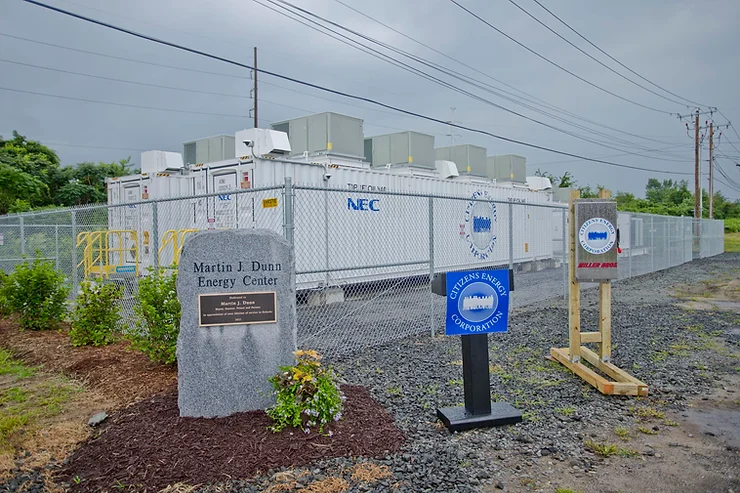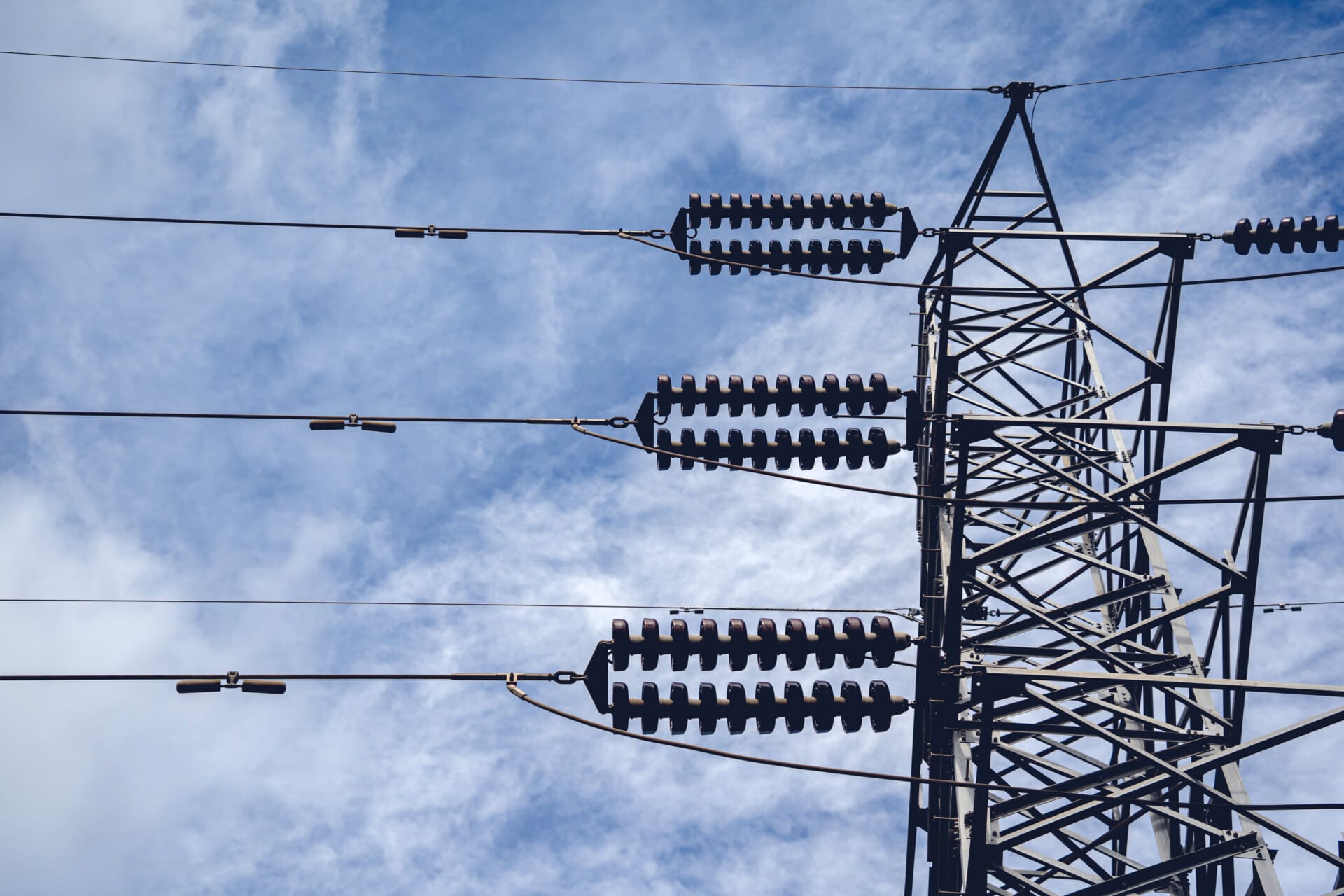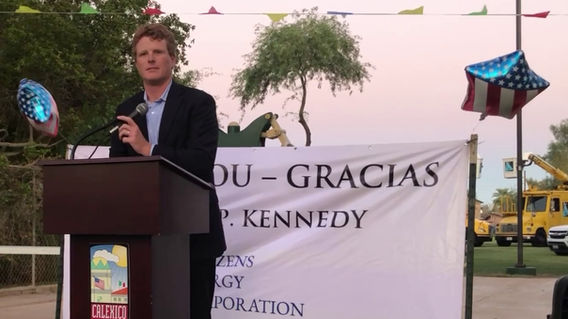Holyoke, Citizens Energy honor ‘favorite son’ Martin Dunn with $7M power storage battery facility
- MassLive
- By Jim Kinney

Citizens Energy Corporation and Holyoke Gas & Electric dedicate the first completed Battery Energy Storage System (BESS) to the late former Holyoke mayor and state senator, Martin “Marty” Dunn.
HOLYOKE — Kathleen Dunn flipped a ceremonial switch Thursday, inaugurating a $7 million, 5-megawatt battery energy storage system named in honor of her late husband, former Holyoke Mayor and state Sen. Martin J. Dunn.
“Marty loved the city of Holyoke and he loved its people,” she said . “This is the culmination of his dedication.”
Dunn died in September 2020 at the age of 64. As an attorney after his time in public service, he represented Citizens Energy — a Boston-based nonprofit founded and headed by former U.S. Rep. Joseph P. Kennedy II — on renewable and green energy projects, Kathleen Dunn said.
Michael Kennedy, nephew of Joseph P. Kennedy II and a vice president of Citizens Energy, said the event highlights Dunn’s commitment to friendship as a warm, engaging personality who also helped Citizens Energy further its goals of low-cost, carbon-free energy.
“There was nothing he wouldn’t do for his community and his friends and neighbors,” Michael Kennedy said.
State Rep. Patricia Duffy, D-Holyoke, described Dunn as Holyoke’s “favorite son.” Acting Mayor Terrance Murphy was on hand to honor him, along with other local officials past and present including 86-year-old former Massachusetts House speaker David M. Bartley, accompanied by his son, City Councilor David K. Bartley.
One of Dunn’s longtime friends, former state Sen. John P. Burke, whom Dunn succeeded as senator in 1991, said of the dedication, “Marty would have liked this. Storage is cutting edge. Someday people will have a suitcase-sized battery storage apparatus in their garage or basement that will deliver green energy. An important step!”
Burke was unable to be in Holyoke for the dedication.
The Martin J. Dunn Energy Center is a system of 1,896 lithium-ion batteries in three 53-foot-long shipping containers placed near a Holyoke Gas & Electric substation at 50 Water St. in the city’s Canal District. Inside the containers, the batteries look like a computer server farm, said Peter F. Smith, Citizens Energy CEO. There are air conditioners to keep the batteries cool and transformers to take alternating current from the grid, make direct current for storage then put alternating current back on the grid.
James Lavelle, HG&E general manager, said the problem with carbon-free green energy like Holyoke’s hydroelectric capacity is that the power available when demand is there and demand can peak and outstrip capacity. Battery storage — HG&E and a different partner have a similar 3-megawatt battery system at Smith’s Landingwhere the old Mount Tom coal plant once was — lets Holyoke Gas & Electric store up power when its cheap and demand is low and then use it when demand is high.
At this time of year that would be afternoons from 4 to 6 p.m. as folks get home from work and make supper.
“That’s when that 10 megawatt hours — five megawatts over two hours — really comes into play to meet that peak demand,” he said.
That saves Holyoke Gas & Electric and its rate payers money, Lavelle said. That savings is shared with Citizens Energy Corp. in a deal Lavelle can’t discuss publicly.
Battery storage also allows Holyoke Gas & Electric to increase its capacity to provide power without building more lines and substations.
“And we are always trying to attract new customers, more industry for Holyoke,” he said. “It allows us to put off those capital expenses.”
For regional grid operator ISO New England, the battery helps to regulate the power grid and earns money for Citizens Energy for that service, Smith said.
Michael Kennedy said communities have only just begun their transition to a green-energy future.
“And that doesn’t happen without storage,” he said. “That intermittence, that’s the challenge. That’s the opportunity.”
Citizens Energy has two other storage projects coming online: one in Connecticut and one near Philadelphia. This is its first in Massachusetts.


